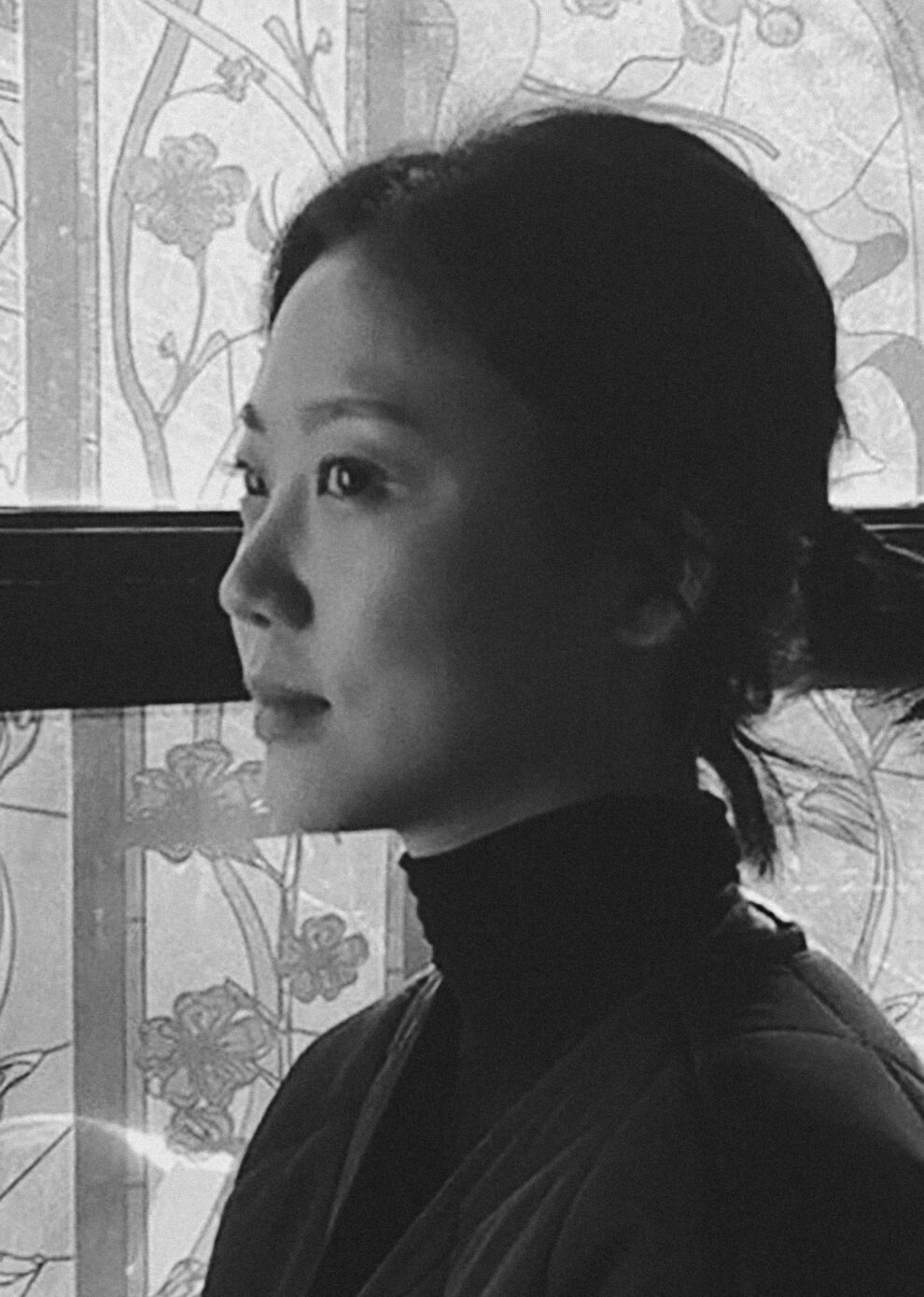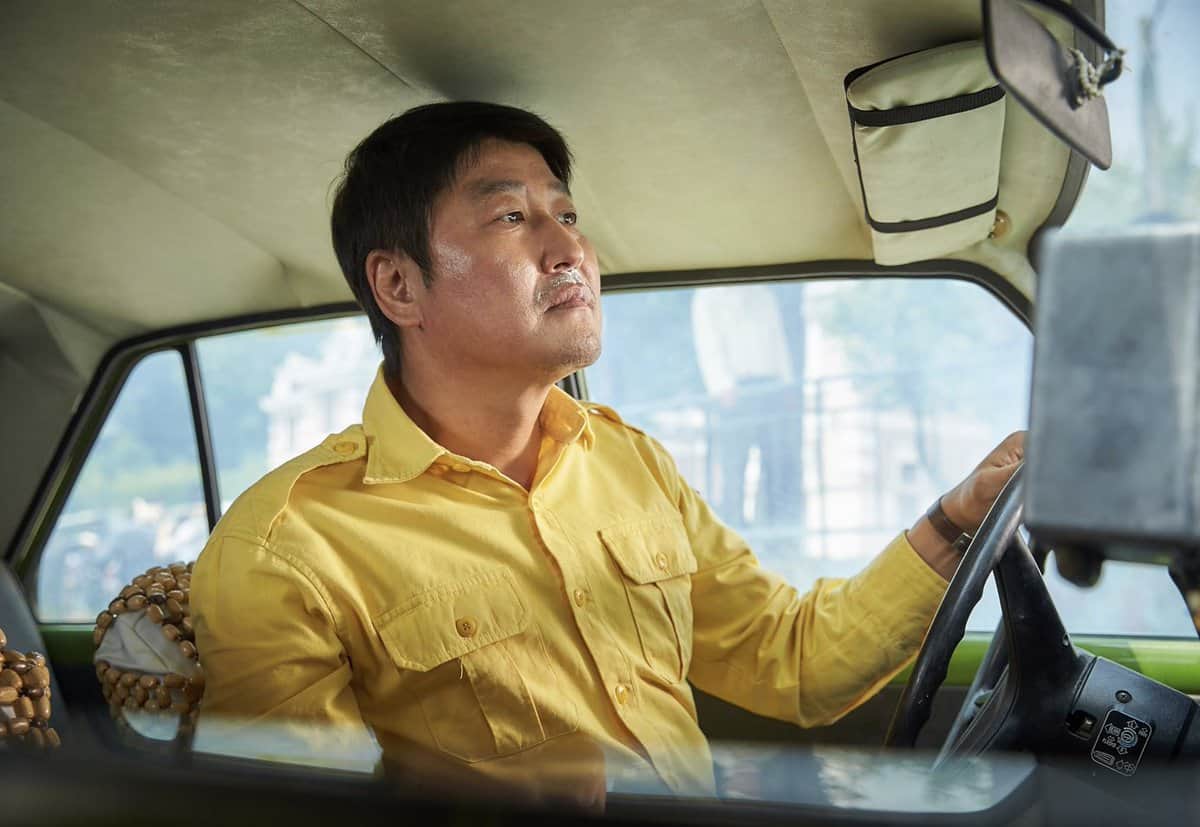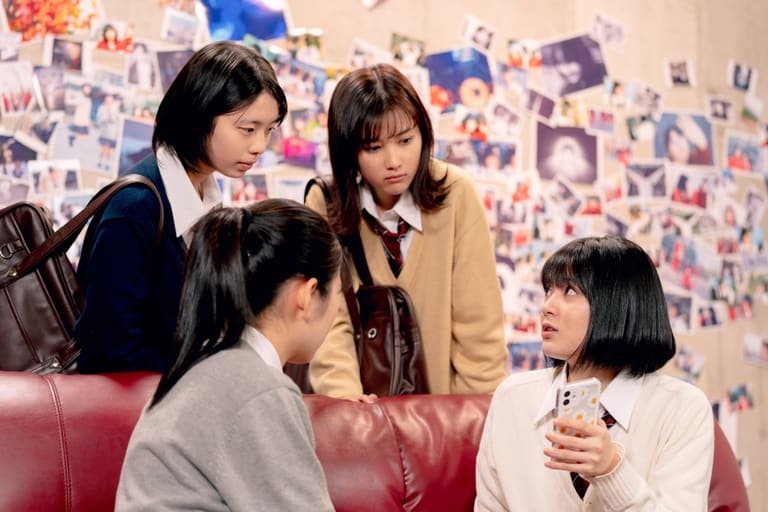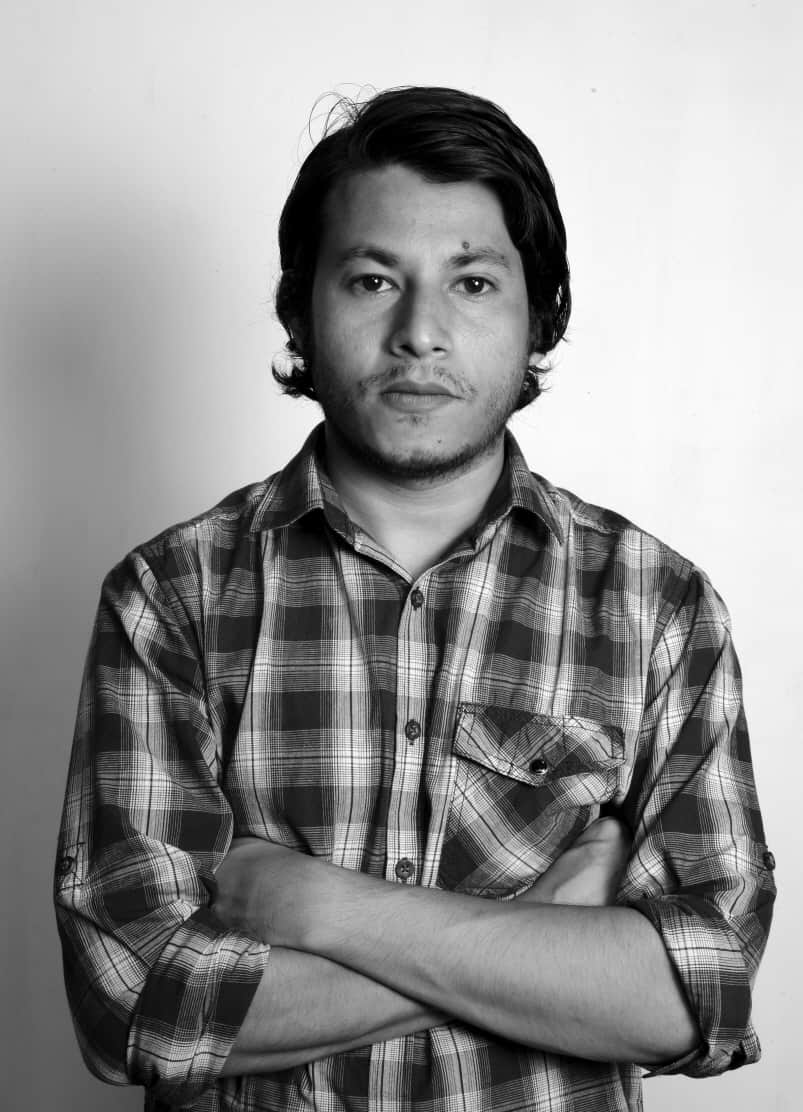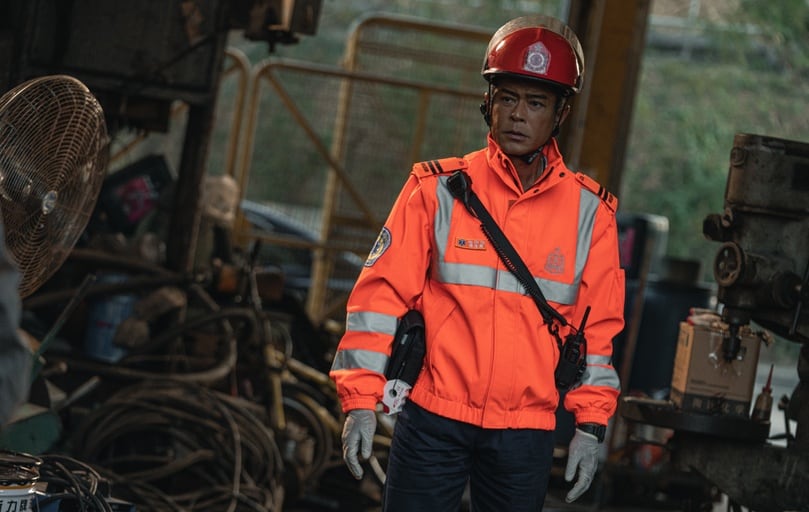Lee Sol-hui graduated from the Department of Film, Television and Multimedia at Sungkyunkwan University before studying directing at the Korean Academy of Film Arts. She directed several short films that went to film festivals, including The End of That Summer (2017) and Look-alike (2020), before her graduation work, Anthill (2021), was selected for the Busan International Film Festival. Greenhouse is her first feature film.
On the occasion of “Greenhouse” screening at New York Asian Film Festival, we speak with her about shooting her first feature after a series of sorts, the inspiration behind the story, the issue with caring for the elderly, the finale of the movie, Lee Chang-dong and her future plans
Greenhouse is screening at New York Asian Film Festival
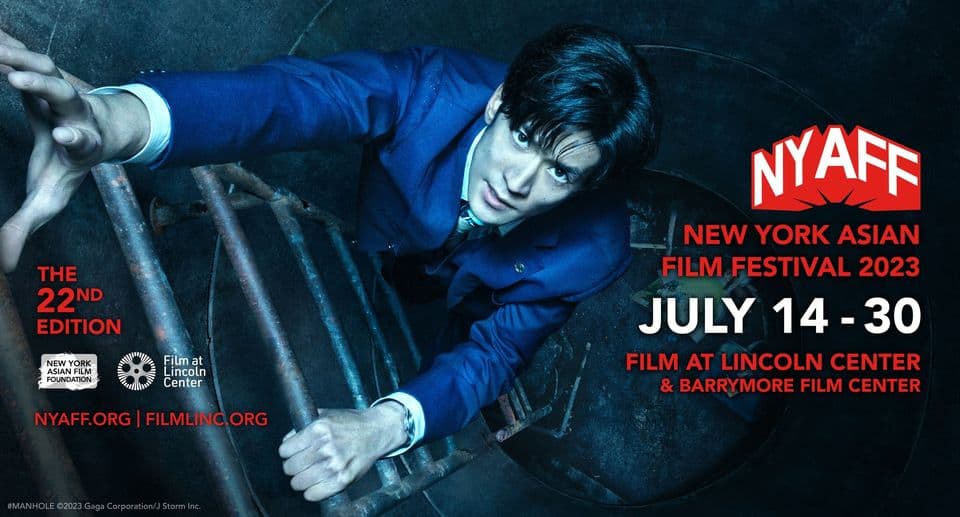
The film won two awards in Busan and is now having an extensive festival run. Are you proud of this success and did you expect it?
First of all, I would like to say that I don't regard this as a success per se. I remember being very confused and surprised about the whole thing, but I have to stress that I am really glad being in this festival at the moment.
“Greenhouse” is your first feature film but before that, you have shot a number of shorts. How would you describe the transition from shorts to features?
I consider myself lucky because I came out of the Korean Academy of Film Arts and when you are there, you start by making short films and sometimes the transition you mentioned is difficult. However, in my case, I was immediately able to make a feature after shooting my last short, so the transition was quick, which I feel was very helpful. In response to your question, I feel that short and feature films are completely different and I really approach them differently. Storytelling I would say is the most important element for short films, but for a feature film, I really had to figure out the narrative, in response to anticipating what the viewers would be responding to, and that was the biggest difference.
What was the inspiration behind the story of the movie?
The story came from a very personal viewpoint of mine, the relationship between my mother and her mother. The keyword that I was going for here is caretaking, because my mother was taking care of my grandmother who had dementia at the time and it was interesting because my mother really loves volunteer work, but she found it quite difficult when it came to her own mother. Just observing that very intimate relationship is where the story of the film began.
Check the review of the film
Is the issue with caring for the elderly as significant as we see in Korean cinema?
I have talked to people from the audience regarding the movie and some responded that it felt so tragic and dark but as a story I want to tell, I feel that it does not pertain to us, by nature we all grow up and we all die. So, I really don't think of it as a story of someone else, not a story just about Korea, but as a universal concept. And although some people considered it tragic, directorially it was somewhat inevitable going to this extreme, telling the story in that way.
Very frequently, directors who move from shorts to features tend to include many episodes in their narrative, in a way that looks more like a collage of different ideas than a compact story. In your case though, the episodes are excellently combined in the narrative in the most organic fashion. How did you achieve that?
Thank you for your observation and I think that this is one of the things I learned in the Korean Academy of Film Arts, which is known to be very unforgiving, brutal, everyday almost. The teachers continue to critique your script through time and the best thing I learned during that experience is to have an objective stance towards my work and to not get so mired in my work. I think that method worked for me and that is why I think I was able to avoid the trap of having a feature film like an expanded version of a short, because I was able to look at my script from a very objective point of view and to be able to revise it in a way that really makes sense as a feature film.
Regarding the ending, which I found really tragic, why not let her get away with everything? Was this a crime and punishment thing?
It is so interesting to hear this response, because I really approached the film as if the audience is the last element that completes the movie, especially the ending. You mentioned punishment but I see it as an impetus for the protagonist to start again. Finally the environment has been made for her to live only for herself and by herself. In the last scene, I even instructed the actress to make an expression as if she is looking over her shoulder and seeing her son. I think that is the sort of hope that is mirrored in her expression. I feel that all her insecurities and fears and desires are being revealed at that moment and that sets the stage for her to live a bit more transparently and to live anew.
So, are you planning a sequel? (laughter)
(laughter) Hopefully yes, we'll see. (laughter)
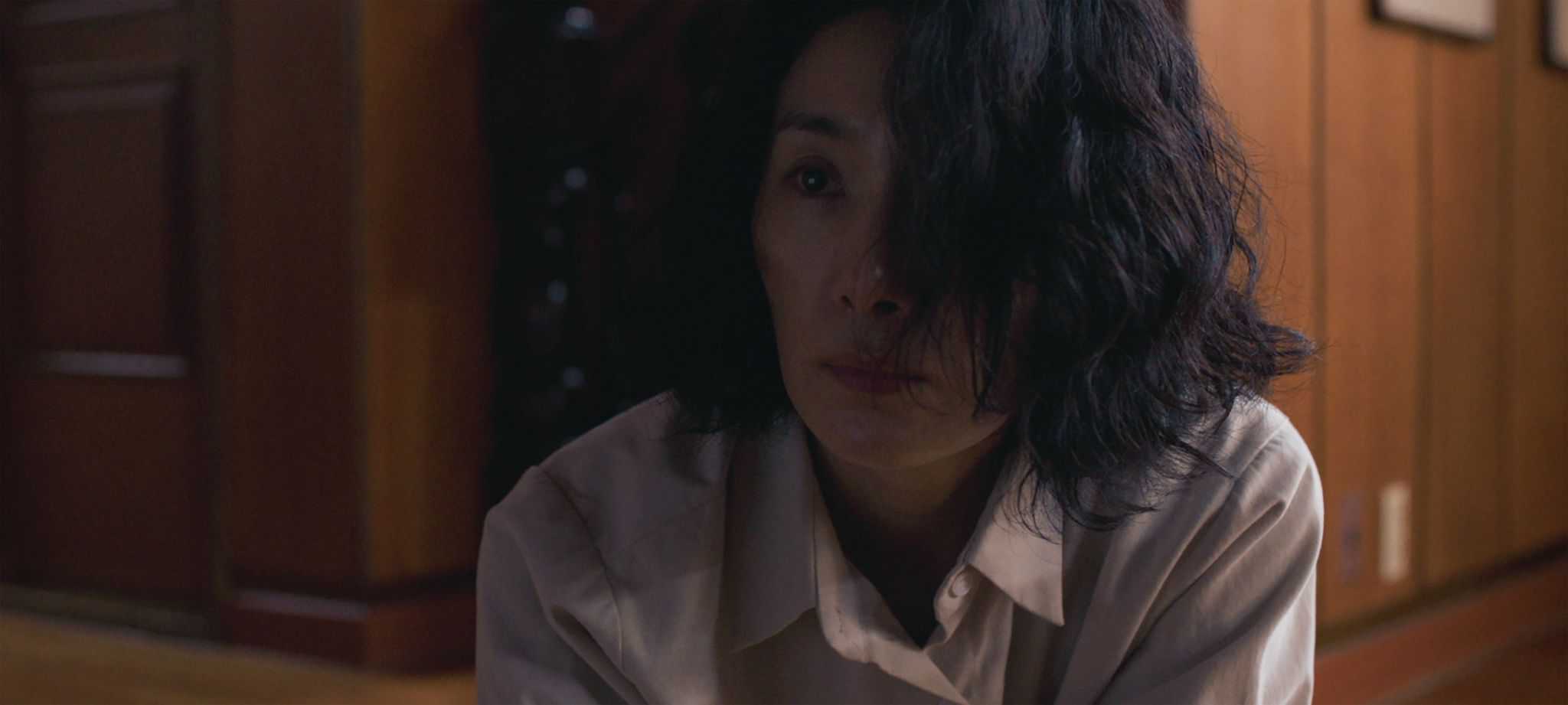
Was Lee Chang-dong and particularly “Burning” one of your inspirations?
Not particularly, but I personally love Lee Chang-dong's films from a young age and he is one of my favorite directors of all time. One of my favorite films of his is “Poetry” and I don't know how to say this, but I actually feel “Burning” is one of his lesser films (laughter). But anyway, I take that as such an amazing compliment, I just hope my film does not make his film injustice, if that makes sense.
What is your opinion about the Korean movie industry at the moment?
It is pretty clear that the local box office has not been doing pretty well, especially due to the advent of streaming services such as Netflix. Even for myself, I think it as a tough choice, staying at home or spending $20-30 and sitting in a theater for two hours. But we are seeing more releases of Korean films that have not been able to be released during COVID. I would say small, independent films are riding on the backs of commercial movies. I don't know what can change but that is the reality of it, the commercially successful films in Korea are the ones that help garner more success and interest in independent films, so I am hoping commercial films in Korea do better at the box office. Once that happens, that is also the way independent film directors will be able to make the leap into commercial films.
Can you tell us a bit about your future projects?
I have been in touch with my producer for a potential next film but it is kind of funny that I was telling the producer I want to do a lighter movie, maybe a comedy because “Greenhouse” as you see was pretty dark (laughter). But the producer said no (laughter). We are still talking, but now, in my mind, I am thinking if my strengths only lie in darker, more genre-driven films or if I have any talent in comedy?
Which one do you prefer, Lee Chang-dong, Park Chan-wook or Bong Joon-ho?
(laughter) Can I say Paul Thomas Anderson? (laughter)


